Patients waiting for emergency surgery or treatment for serious illnesses at general hospitals across South Korea are growing increasingly anxious as trainee doctors quit their jobs in frustration over the government 's plan, Yonhap reported.
On February 19, South Korean Prime Minister Han Duck-soo chaired a meeting of relevant ministers to discuss solutions to deal with the situation of resident doctors resigning en masse in protest of plans to increase enrollment quotas for medical students. President Yoon Suk-yeol also directed the government on the same day to "make every effort to respond to protect the lives and health of the people."
The government meeting was held after the Korean Association of Resident Physicians discussed and announced that all resident physicians at five major hospitals in Seoul agreed to submit a collective resignation on February 19 and stop working at the hospital from 6 a.m. on February 20.
At the meeting, Prime Minister Han Duck-soo emphasized the need to minimize inconvenience to the people, especially to prevent critically ill patients from falling into dangerous situations. Prime Minister Han Duck-soo said the government will direct 409 emergency facilities nationwide to operate 24/7 to ensure that there are no obstacles to medical examination and treatment. Public medical facilities will operate an emergency examination and treatment system. 97 public hospitals will extend their visiting hours on weekdays as well as provide medical examination and treatment on weekends and holidays.
Meanwhile, the Ministry of National Defense reported that 12 military hospitals will also open to examine and treat civilians, provide emergency rooms, and expand outpatient visits if necessary.
Signs of a serious medical crisis were already apparent, with emergency surgeries being postponed or canceled at major hospitals in Seoul and major cities across the country. Interns account for 30% to 40% of the medical workforce at general hospitals.
Some hospitals are asking nurses to take on tasks previously performed by medical interns, such as drawing blood, inserting urethral catheters and verifying patients' signatures on surgical consent forms, according to officials from the Korea Medical Workers Union.
HUY QUOC
Source







![[Photo] Panorama of the Opening Ceremony of the National Press Festival 2025](https://vphoto.vietnam.vn/thumb/1200x675/vietnam/resource/IMAGE/2025/6/20/6b835ee92c2c4df587af73cb2d1f4f5f)
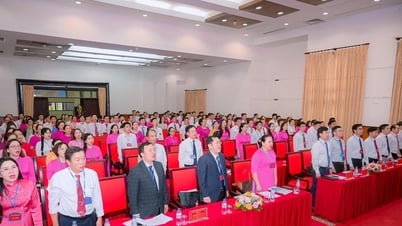

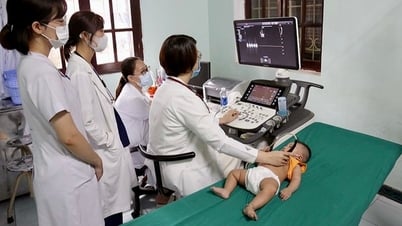

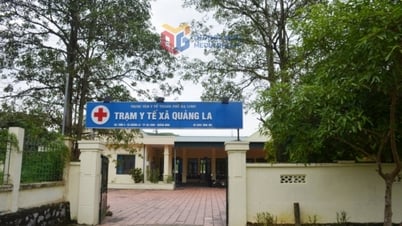



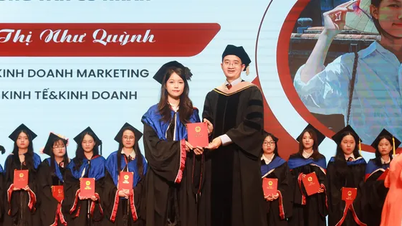

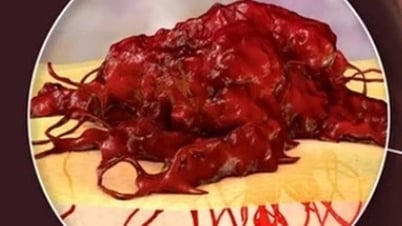


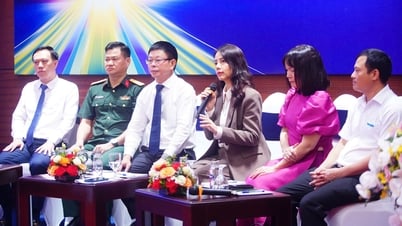
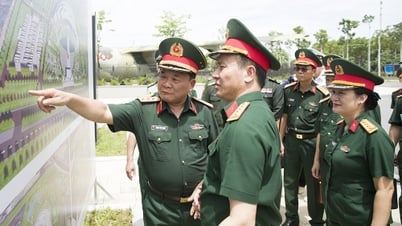
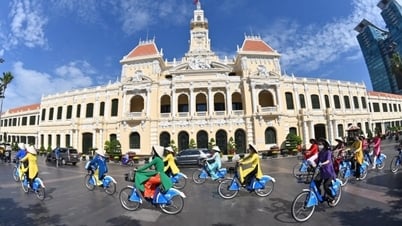
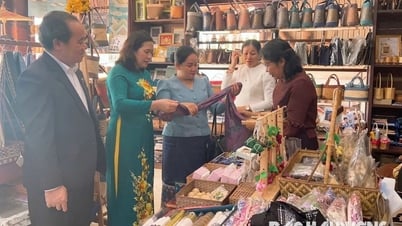
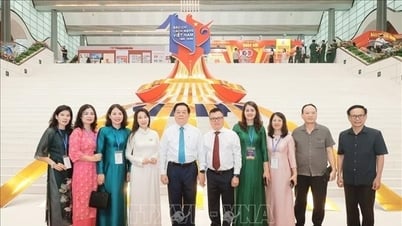





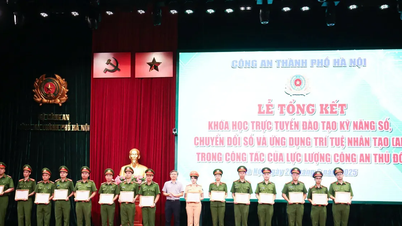
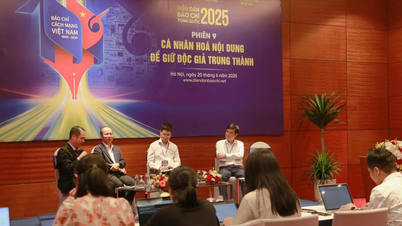

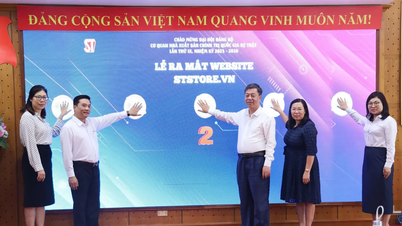

![[Photo] General Secretary To Lam chairs the 14th Central Military Commission Conference](https://vphoto.vietnam.vn/thumb/1200x675/vietnam/resource/IMAGE/2025/6/20/a9d25fc6dd664fb9a3757502f32e5db0)


























![[Maritime News] Wan Hai Lines invests $150 million to buy 48,000 containers](https://vphoto.vietnam.vn/thumb/402x226/vietnam/resource/IMAGE/2025/6/20/c945a62aff624b4bb5c25e67e9bcc1cb)


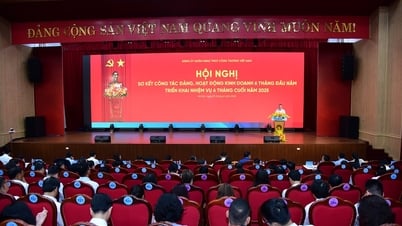


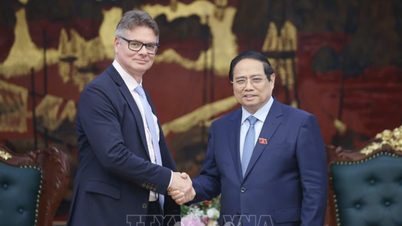

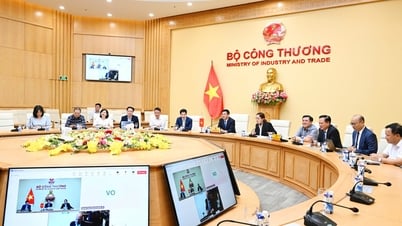

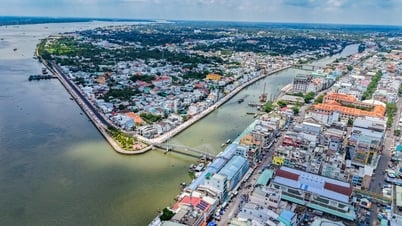
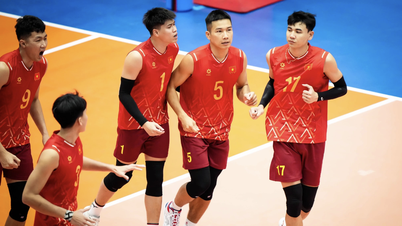
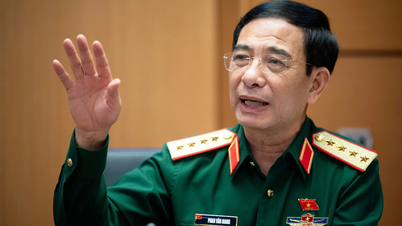
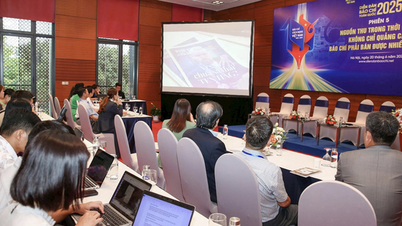

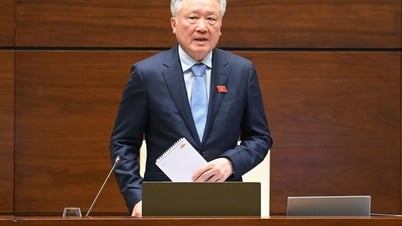




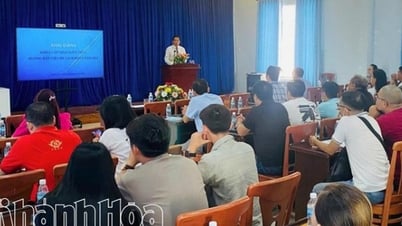
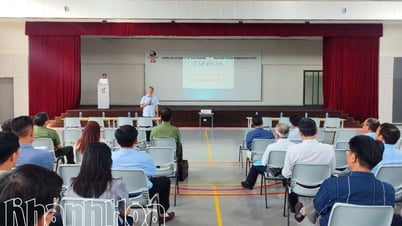

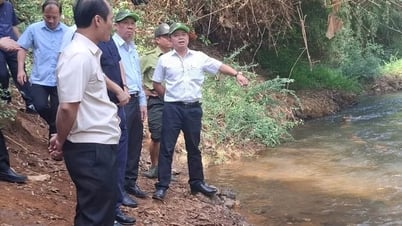

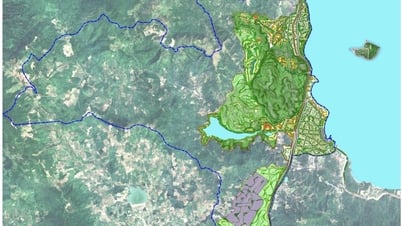


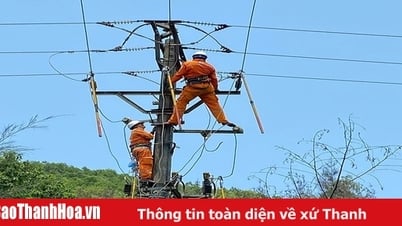
















Comment (0)